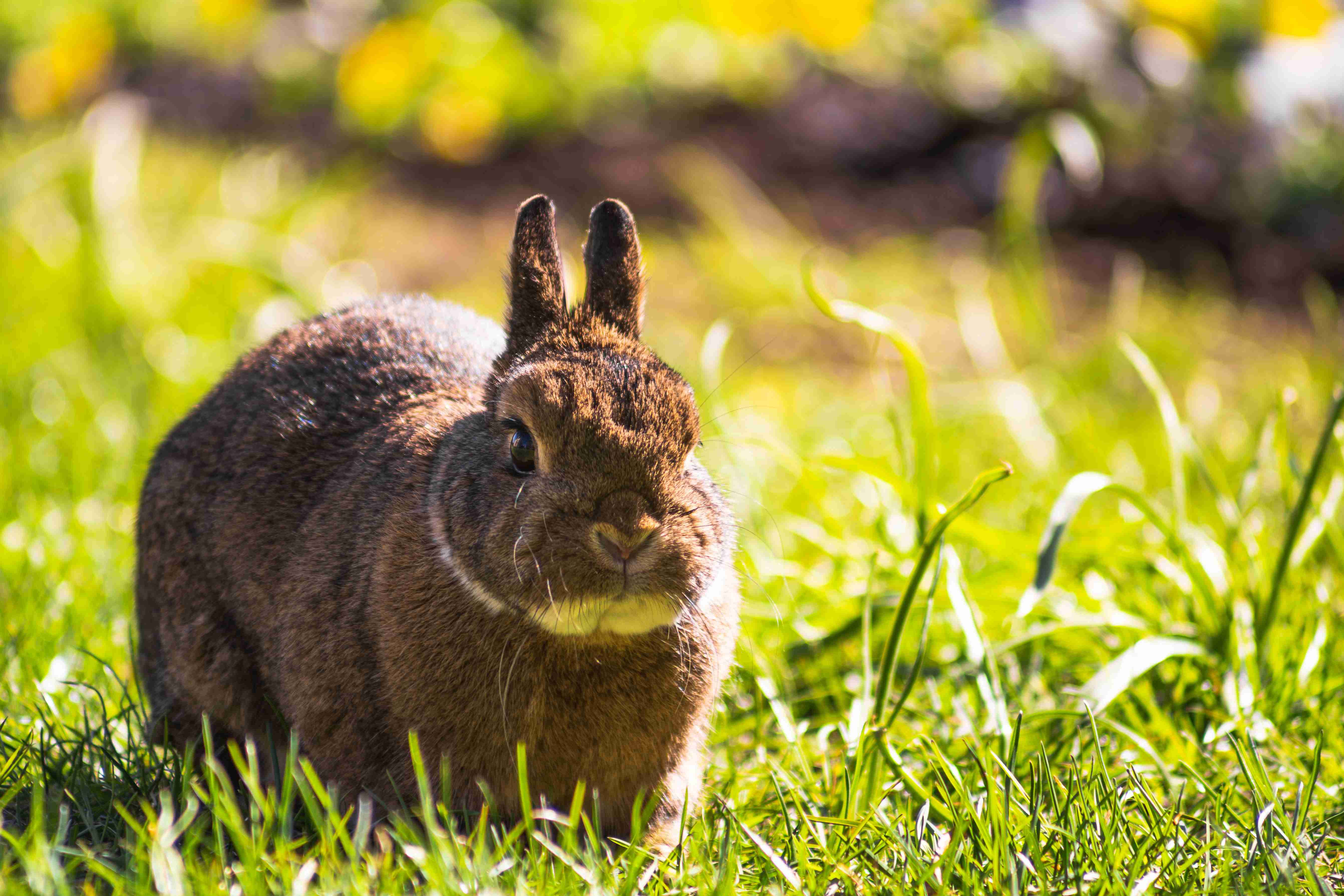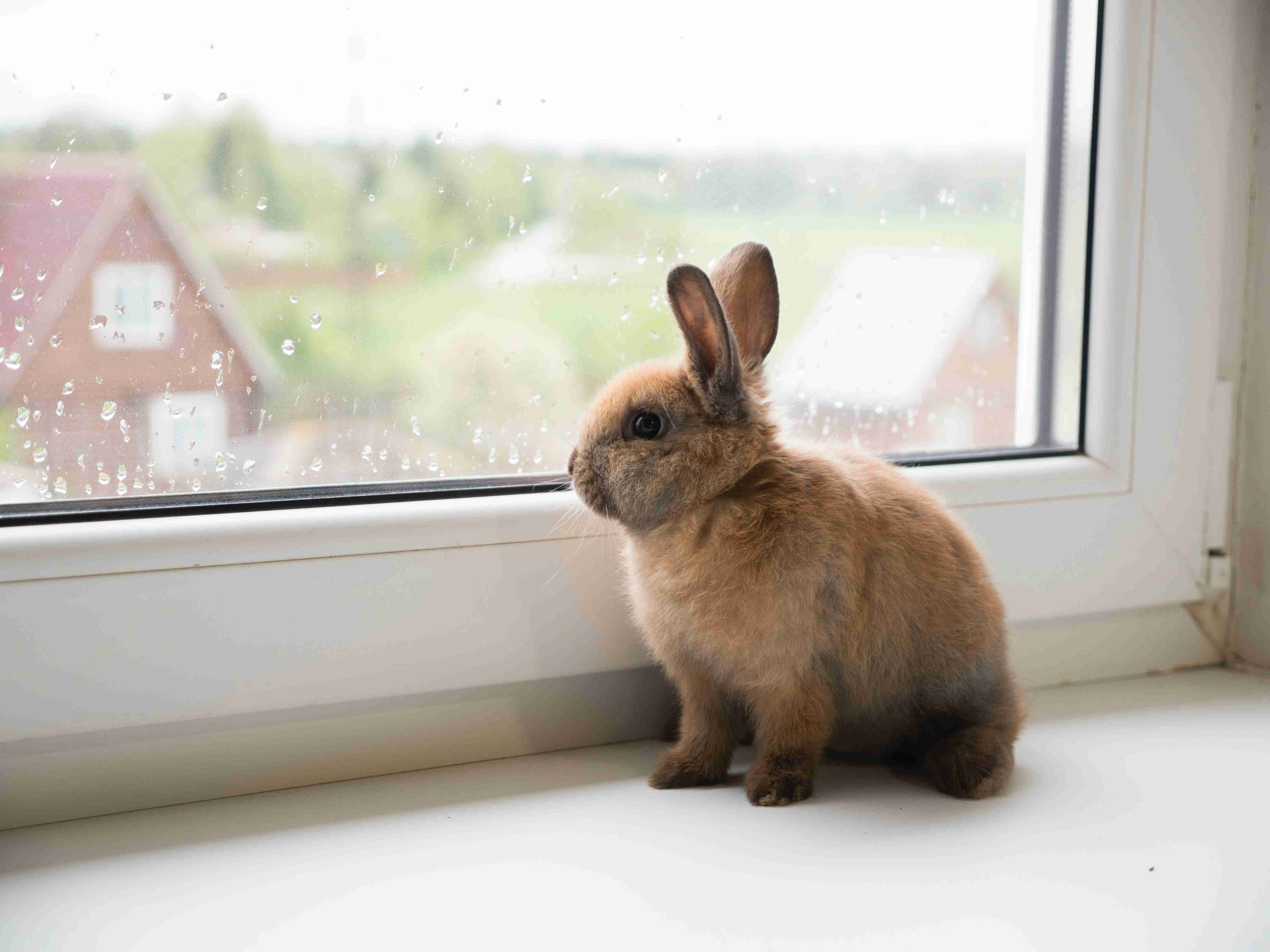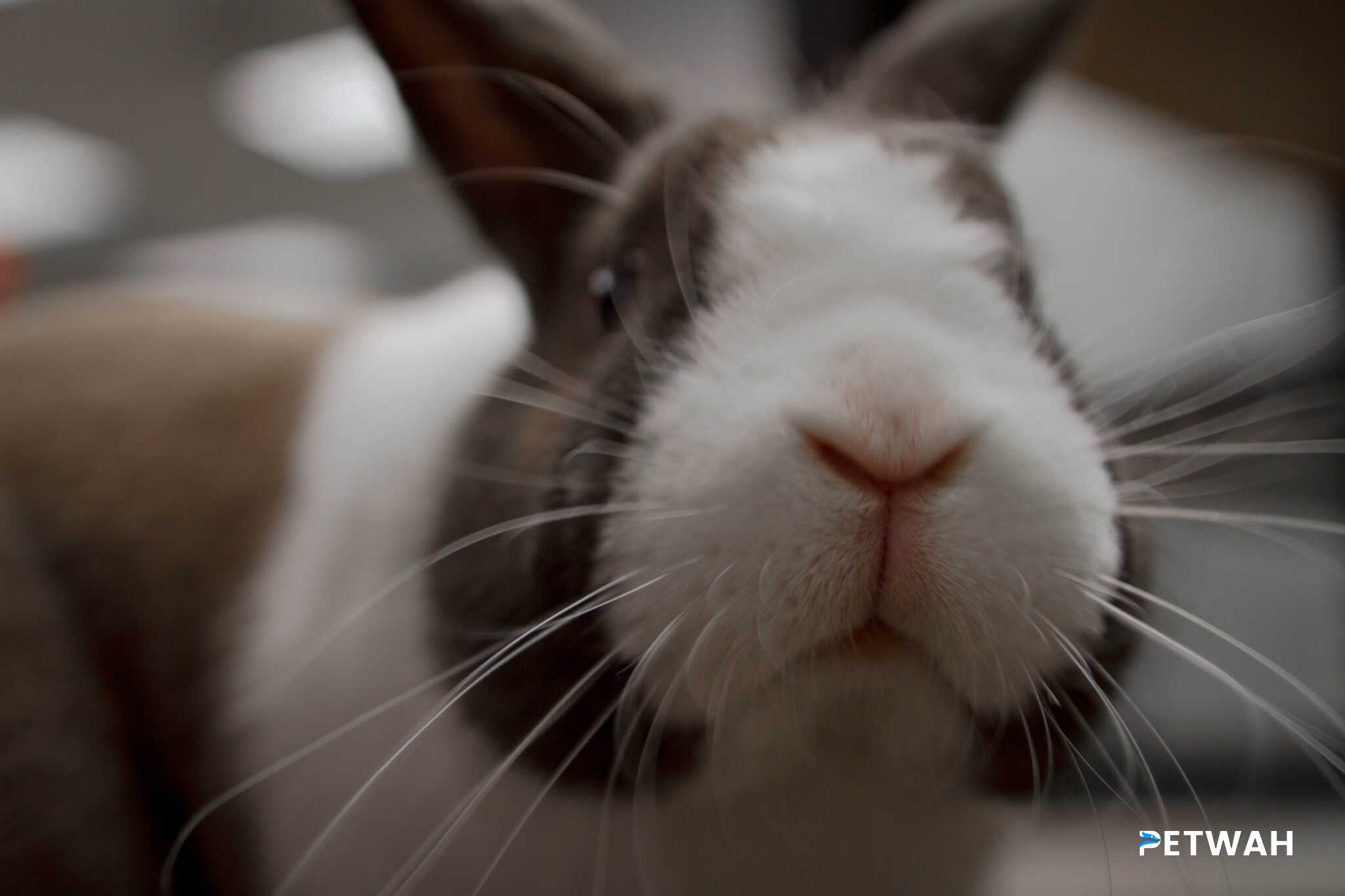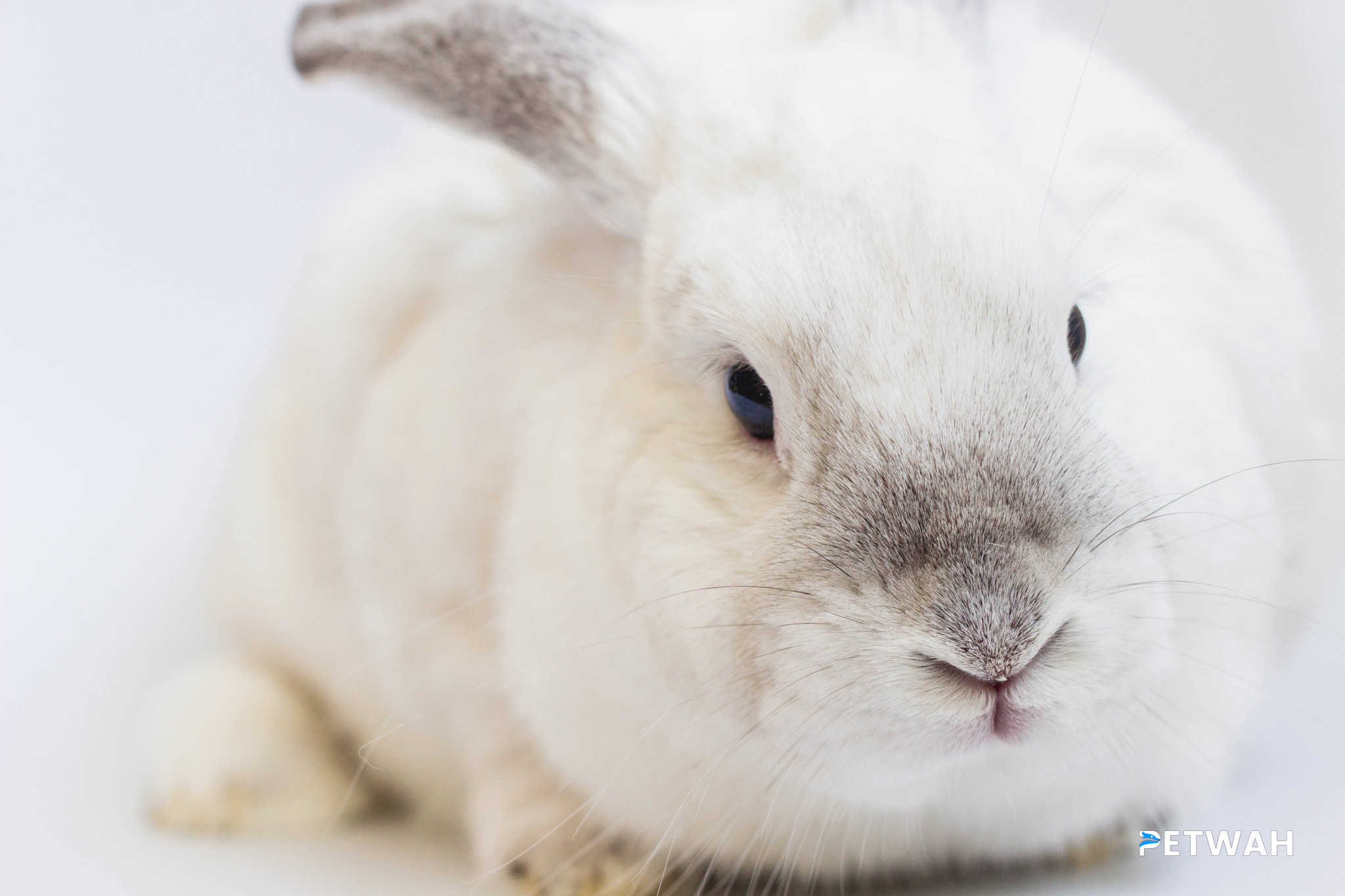Rabbits are adorable creatures that make great pets. They are friendly, cuddly, and can bring a lot of joy to their owners. However, like any other animal, rabbits are susceptible to various health issues, including parasitic infections. Parasites are organisms that live on or inside the host and feed off its resources, often causing harm to the host in the process. In this blog post, we’ll discuss some of the most common parasites that affect rabbits and how to prevent them from causing harm to your furry friend. So, if you’re a rabbit owner, keep reading to learn how to protect your bunny from these pesky parasites.
Rabbits are cute and cuddly creatures that make great pets. However, like all animals, rabbits are susceptible to parasites. These tiny creatures can cause a range of problems for your rabbit, from skin irritation to life-threatening illnesses. In this guide, we will discuss the most common parasites that affect rabbits and provide tips on how to prevent and treat them.
1. Fleas:
Fleas are tiny, blood-sucking parasites that can make your rabbit’s life a misery. They are often brought into the home by other pets, such as cats or dogs, and can quickly spread throughout the environment. Signs that your rabbit has fleas include scratching, biting, and hair loss. To prevent fleas, ensure that all pets in the household are treated regularly with a suitable flea treatment. Clean bedding and the environment regularly to eliminate fleas and their eggs.
2. Ticks:
Ticks are small, blood-sucking parasites that can transmit diseases to your rabbit, such as Lyme disease. They are often found in grassy areas and can latch onto your rabbit as they hop around. Signs that your rabbit has ticks include raised bumps on the skin, lethargy, and a loss of appetite. To prevent ticks, keep your rabbit away from areas where ticks are known to be present, such as long grassy areas, and check your rabbit regularly for any signs of ticks.

3. Ear mites:
Ear mites are tiny, spider-like creatures that live in the ear canal of your rabbit. They can cause itching, irritation, and infections. Signs that your rabbit has ear mites include shaking their head, scratching at their ears, and a build-up of dark wax in the ears. To prevent ear mites, clean your rabbit’s ears regularly and keep their environment clean.
4. Ringworm:
Ringworm is a fungal infection that can affect rabbits. It is highly contagious and can spread quickly. Signs that your rabbit has ringworm include circular patches of hair loss, scaly skin, and itching. To prevent ringworm, keep your rabbit’s environment clean and avoid contact with infected animals. If your rabbit does get ringworm, take them to the vet for treatment.
5. Intestinal parasites:
Intestinal parasites, such as worms, can cause a range of problems for your rabbit, including diarrhea, weight loss, and anemia. Signs that your rabbit has intestinal parasites include a loss of appetite, lethargy, and a bloated stomach. To prevent intestinal parasites, ensure that your rabbit’s environment is clean and feed them a healthy diet. Regularly deworm your rabbit as recommended by your veterinarian.
Overall, protecting your rabbit from parasites is an important part of being a responsible pet owner. By following the tips outlined in this guide, you can help keep your rabbit healthy and happy. Remember to regularly clean your rabbit’s environment, feed them a healthy diet, and take them to the vet for regular check-ups. With a little care and attention, you can help your rabbit live a long and parasite-free life.
In conclusion, protecting your rabbit from parasites is an essential aspect of responsible pet ownership. By knowing the common parasites that affect rabbits and the methods of prevention, you can help your furry friend live a healthy and happy life. Regular check-ups with your veterinarian and maintaining a clean living environment are crucial steps in preventing and controlling parasitic infections. Remember that prevention is always better than cure, and by taking proactive measures, you can ensure your rabbit stays healthy and safe. So, take the necessary steps to protect your rabbit from parasites, and enjoy the companionship of your furry friend for years to come!








